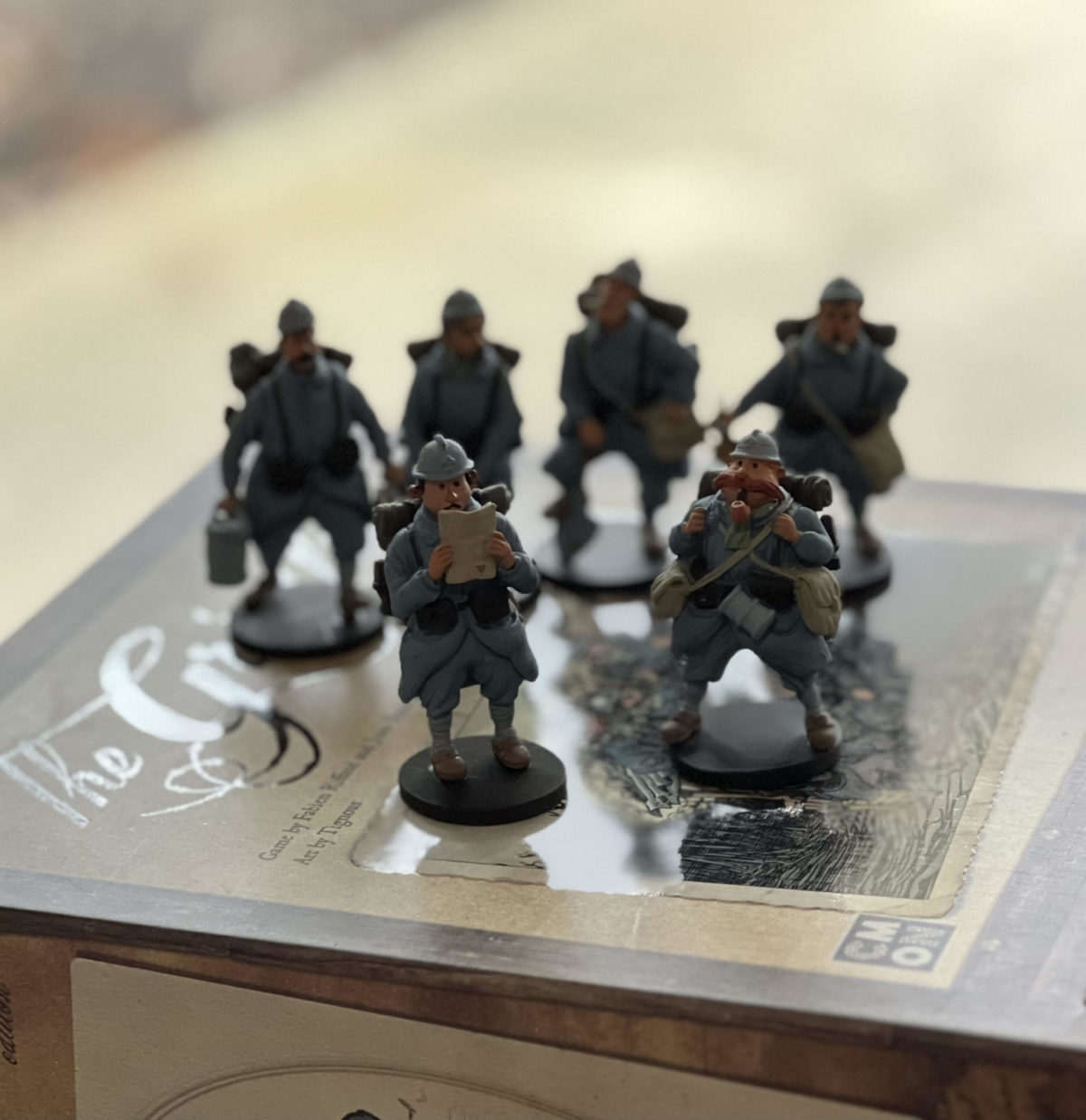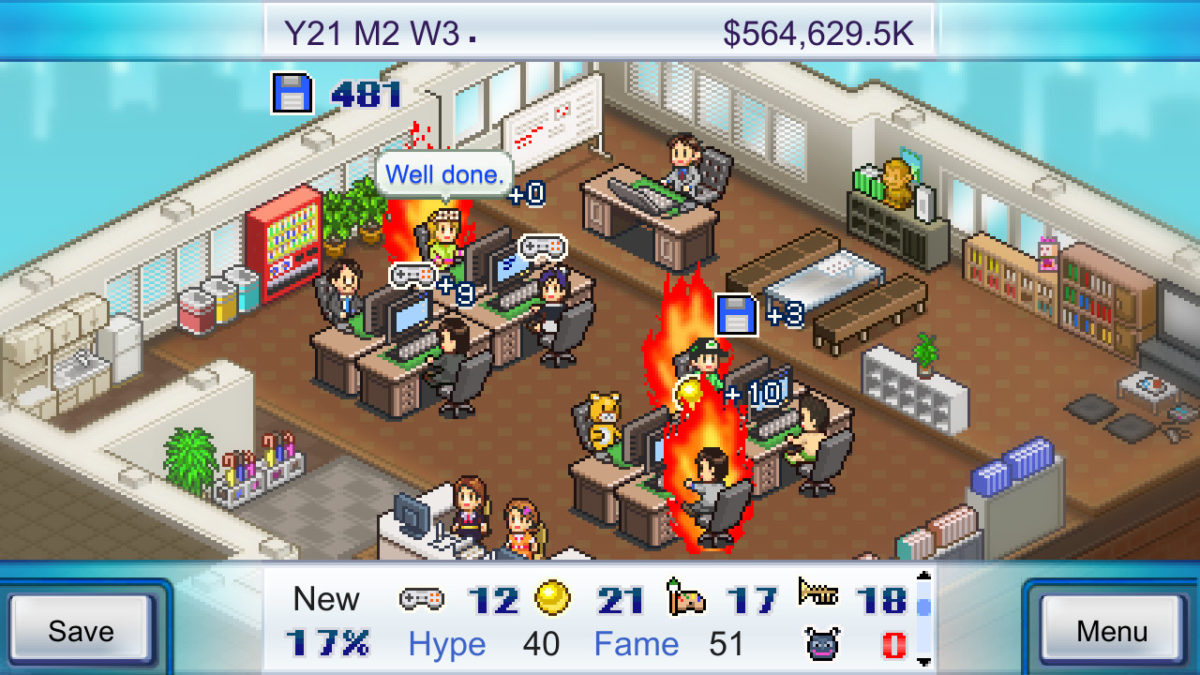As both a game developer and a medieval historian, each of my interests informs the other. In this post, I’m going to talk you through some ways I approach putting medieval elements in games and think about why they’re there. The process I use is based on thinking about medieval ideas as a sort of […]


